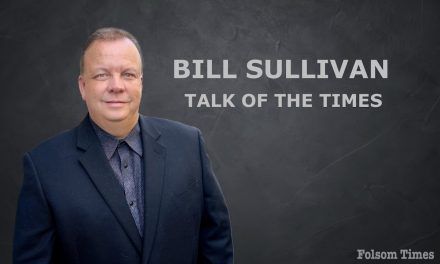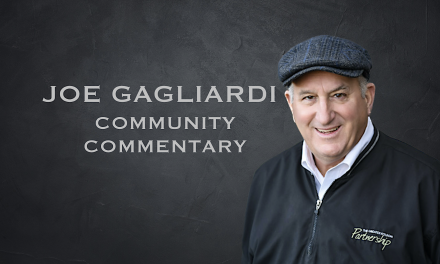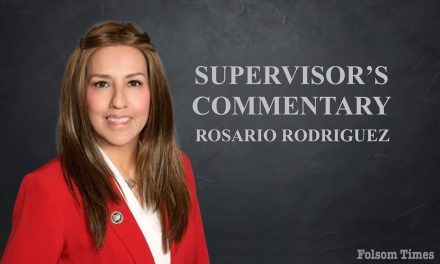San Francisco might not be the only California colossus in a so-called “doom loop.” The property and casualty insurance market is experiencing a crisis of its own, and the consequences are dire for the entire state economy.
Here’s one recent example. In August, California-based Farmers Insurance laid off 2,400 people, about 11-percent of its workforce. Not coincidentally, Farmers announced in July that it would limit its exposure to the California homeowner’s insurance market, shortly after State Farm and Allstate announced they would no longer be writing new homeowner’s policies in the state.
These companies don’t see California’s regulatory environment, forest management and wildfire risks, and sky-high building costs as a winning formula for their businesses right now. They are acting accordingly.
California government is certainly a hardy plant. It grows in all conditions and climates, through recessions, booms, busts, month after month, year after year, but the private sector isn’t immune to economic circumstances. If Farmers, Allstate, and State Farm are writing fewer policies, they will need fewer staff. A California slow to recover from its own Covid policies needs more jobs, not fewer.
These layoffs are only part of the story. Expect to see real estate deals fall apart over fire insurance costs. Expect to see businesses closing shop when they can’t get or can’t afford insurance in our state. Expect to see homeowners, especially seniors with paid-off homes but modest incomes, “going bare” on their homes and carrying no property insurance, exposing themselves and their heirs to massive financial risk. Insurance lubricates the economy and when it stops working the economy stops working.
There are some solutions, if the legislature or even the current Department of Insurance will act on them. They will involve some short-term pain to consumers, but they offer a path back to a robust market where companies are entering the market, not leaving it, and hiring employees, not laying them off.
It starts with repealing Proposition 103, the 1988 initiative governing property insurance in California.
Its rules are strangling the market. We don’t need insurance companies begging for rate increases from the Insurance Commissioner, which can take years. We need agile companies that can price risk in the best and timeliest manner to meet consumer needs.
A repeal would also free up insurance companies to use whatever information they can to set their rates. They can’t be tethered exclusively to the past. Past data is important but future catastrophe modeling is critical for companies to comfortably price what they consider the real, current cost of doing business in California.
If insurers set their own rates, it would free the Department of Insurance to go after bad actors and enforce penalties for unlawful and unfair practices, and it could do an even better job in its important work examining insurers for financial health, but it shouldn’t act as a rate gatekeeper any longer. It’s contributing to the exodus of insurers in the state and hurting, not helping, consumers as Prop. 103 intended.
Just as the first pullbacks in insurance coverage were indicators of future, additional pullbacks, the Farmers job cuts will not be the last. They indicate an unhealthy insurance market in California, fewer premium dollars, less profit, and more layoffs in the entire industry.
Everyone and everything are fleeing California as it becomes more unlivable, unaffordable, and now, uninsurable.
But it’s within our power to reform our insurance markets. We can’t be afraid to pivot when laws prove failures, and we shouldn’t be defeated by rules of our own making. More insurers equal more competition and more choice for consumers. That is how to end the doom loop and is the ultimate solution to the California insurance crisis.
Senator Ted Gaines (Ret.) was elected to represent the Board of Equalization’s First District. He is a leading taxpayer advocate, defender of Prop. 13, and is committed to providing trustworthy and transparent representation for nearly ten million constituents in 34 counties of northern, eastern, and southern California. Senator Gaines has also owned Gaines Insurance, an Independent Insurance Agency, for more than 30 years.




